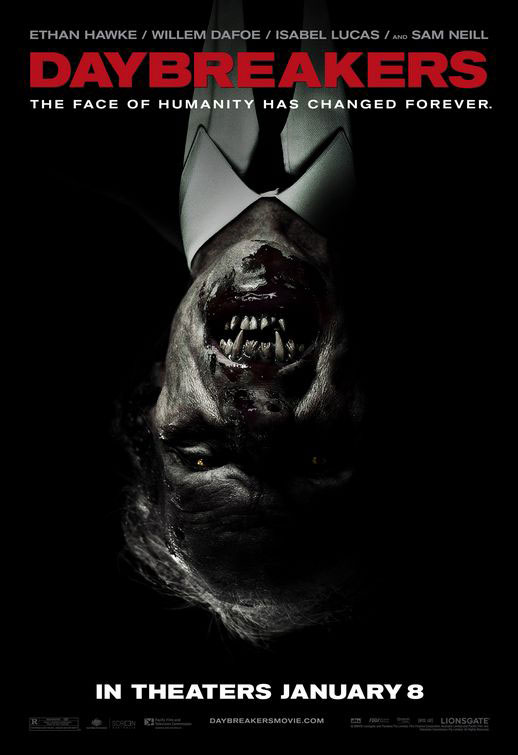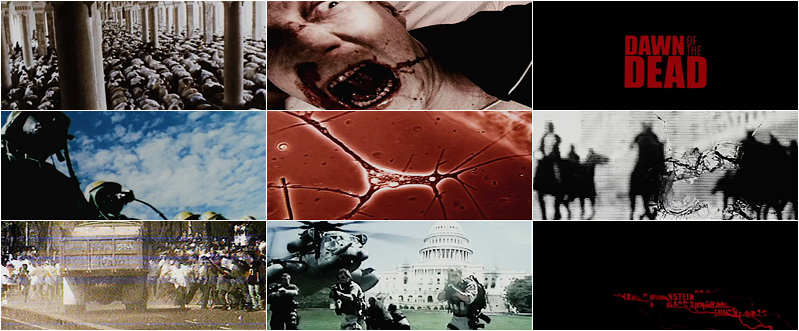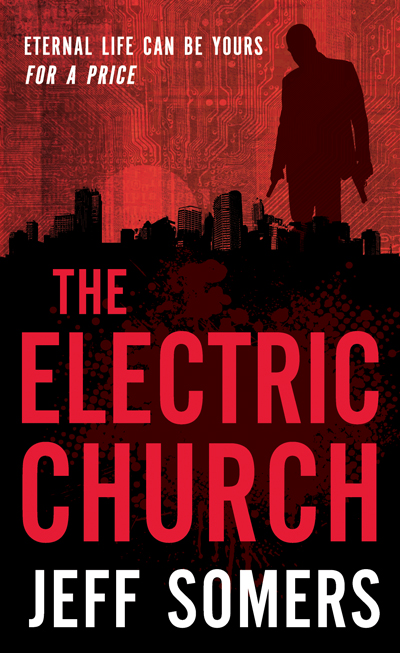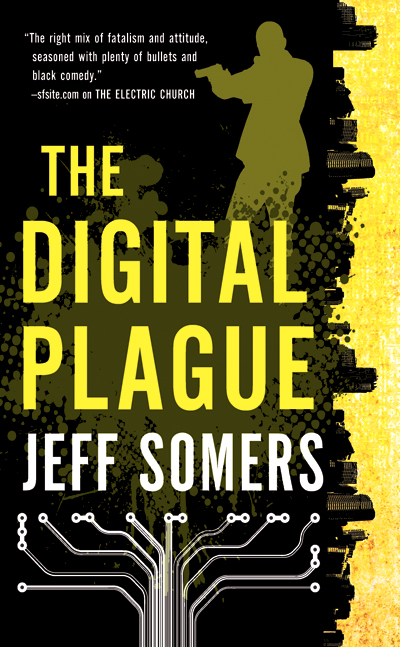
That's Mr. Merlin to You
It is The Doom of Men That They Forget.Ah, there is much that the movie Excalibur can teach us, isn’t there? Perhaps you have not seen the movie, in which case I don’t understand you, but that’s beside the point—I don’t understand most people, and spend my life terrified and suspicious. Don’t judge me; you bastards prove me right so often it’s ridiculous.
Anyway, I am not here to bemoan the way you all frighten me with your slang, musky odors, and political beliefs—lord knows I’ve written that article before, several times, and will write it again. No, I’m here to tell you about the time I went to see Batman. No, not the new Batman. The first Batman movie that changed entertainment as we know it, the one starring Michael fucking Keaton (twenty goddamn years later and I still can’t believe it) and Jack Nicholson.
So, it’s 1989. I’m between high school and my first year of college, my liver is still normal-sized and I still know several dozen folks I haven’t spoken to since 1989, and I don’t know several people I know now. Which makes no sense, but let it drift. Batman was the big movie that summer; I think every kid I knew was at the theater that night. The place was a madhouse. People had brought beach balls, which were tossed around the theater. Half of us were drunk, which is of course a scandal—that it was only half (I am personally committed to endrunkening the world, as I am convinced this will lead to world peace, the singularity, and my own independent wealthiness). There was a buzz of energy in the air, like we were all expecting to be sucked up into the air, like the rapture was about to happen.
There is a peculiar moment in life when you’re seventeen, eighteen years old and you actually believe that the swill the entertainment industry is serving you means something aside from extracting a few dollars from your pocket and even more for their craptacular snacks. You think it’s an event that will resonate throughout time, or at least throughout your own existence. Decades later, you imagine you’ll be stopped in the street by reporters who want to know where you were when Batman came out.
Ah, youth.
Anyway, it was a party. The movie started and we cheered and afterwards the consensus was that this was the greatest movie evah.
Looking back on the movie 20 years, you gotta ask if part of that reaction was hype, was feeling like you’d just taken part in a shared chunk of awesomeness. The answer: Absolutely. I saw the 1989 Batman again recently, and that is one fucking awful movie.
Even taking into consideration my expanded movie lexicon, maturity, and the fact that I now have a gleeful Heath Ledger in my brain, the Batman ’89 is a mess, ruined by Tim Burton’s hyper-artificial set design, Jack Nicholson’s fey over-acting, and Kim Basinger’s gravity well of talentlessness. I may be in the minority here, but if I could travel back in time and change one thing, I think I’d skip this movie.
Maybe kill Hitler. But most likely skip Batman ’89.
NOTHING LASTS
It’s funny how time erodes everything down to its core. If the core is good, it’ll survive. If the core sucks, it’s history, or grist for a remake or “reboot”. Nothing lasts. The shelf life of a movie these days is about 10 years, which is roughly the time it takes for the next generation of snot-nosed kids to age into ticket-buying, at which point anything that predates their own existence is considered lame until they turn about 35, when suddenly some of them will discover otherwise. And since Hollywood ran out of new ideas the day Star Wars was released, the only thing that matters now is whether they can convince you to pay $10 for the ticket. A movie you’ve seen fifteen times, own on DVD, or consider a lame relic from your parents’ day? Probably not gonna happen. A remake starring Angie Jolie’s tits and a soundtrack by Trent Reznor? Giddy-up.
Science-Fiction movies are all the rage on the ‘reboot” merry-go-round these days, possibly because for decades Sci-Fi movies were treated like something Hollywood stepped in and couldn’t scrape off its shoe, leaving us with dozens and dozens of movies with great ideas and terrible low-budget excuses for sets and costumes. These kinds of films are easy enough to remake, and there’s added value in it for people, too, because they get to see the story done “properly”, with effects and A-list actors and all that. Add to that the possibility of drawing in older fans who don’t go to movies much but who might recall the originals with nostalgia, and it’s a workable formula. Workable because the collective memory of the movie-going public wipes itself every 10 years.
As a result, whatever movie you just saw that rocked your world, forget it. You will. Eventually it will be remade with younger, fresher actors who have just been born and a revamped script, more recent pop-culture references and era-appropriate technological devices as props. You’ll be sucked into attending a screening because of a relentless marketing campaign that reminds you of how great you think the original was, as your memories are vague, and before you know it the only version of Casablanca you can remember is the 2017 version starring Macaulay Culkin in his big comeback. Because it is the doom of men that they forget.
REBOOT HELL
Of course, what happens to a culture when it stops creating new material and just rehashes existing plots, characters, and tropes? What happens when we stop creating Star Trek, The Original Series and settle for Star Trek by That Guy Who Created Lost? Which was a fine movie, I think – though ask me again in 20 years. One could argue that we’ve all been remaking the same plots for thousands of years anyway, with the same basic characters, and all that’s ever changed are the names, the props, and the settings, and possibly some of the mechanics as technology and culture change. In one sense, sure—everything’s either a story about murder, theft, unrequited love, requited love, war, god, or zombies. Mostly zombies.
I think the safety net here is the tendency for folks to create their own counter-programming. Big Entertainment has to keep churning out the goods to keep fannies in the seats, but there will always be a disaffected group of folks who can’t swallow it and who therefore create their own media to entertain themselves. And thank god for them, because they’re laying the foundation for the future reboots of the world. Damn kids.
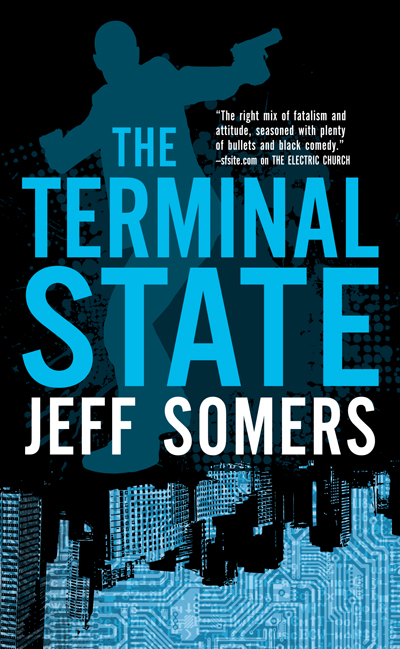 OKey-dokey, couple of announcements:
OKey-dokey, couple of announcements:
